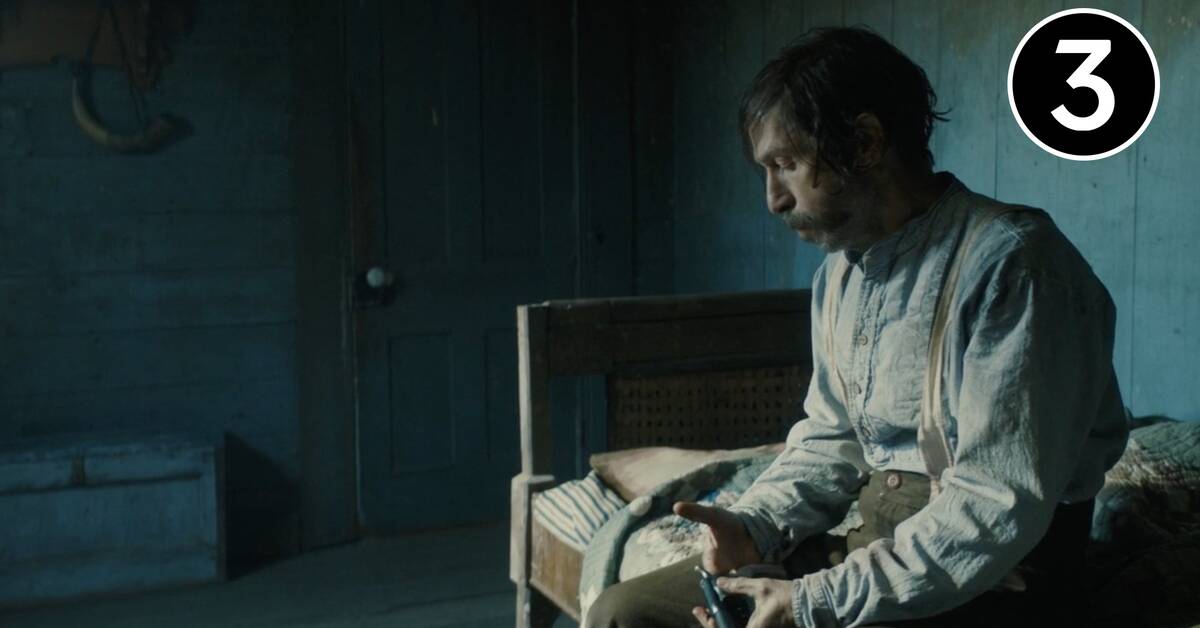The story is straight
as a rifle barrel.
The furry farmer Henry and his son, who live alone in a cottage somewhere in Oklahoma, in the early 20th century, get a gunshot wounded man on the neck.
The man has a bag full of money with him, and soon a bunch of villains appear who think the bag belongs to them - and then a siege begins that extends the film.
The best thing
about Old Henry
is the unexpected choice of protagonists.
Instead of a handsome, muscular but tastefully made-up middle-aged man such as Brad Pitt, we see here a skinny, ruffled and lumpy type.
A bit like a beggar in Lucky Luke.
Only the straw in the corner of the mouth is missing.
"Ca
n't he be Henry?"
first ruminated my Hollywood-sprained brain.
When does the real hero step into the action?
But yes, Tim Blake Nelson, who is often seen as a funny crumb in the Coens brothers' films, carries the title role on his sloping shoulders and does so with all the responsibility that a role like this requires.
Old Henry
can be seen
as a more stagnant low-budget version of Clint Eastwood's
Unforgiven
.
Director and screenwriter Potsy Ponciroli is in any case based on the old durable template with the reluctant hero, the farmer who has a past as a gunman, who reluctantly pulls his weapons out of the closet and shows where the western cabinet should stand.
All that is expected
is here, but in a dirtier, more malate nature.
Which is half the point.
Old Henry
appears as a swan song for the old school western, an epilogue of the genre - if it were not for the fact that the clear enthusiast Ponciroli is still a little too in love with the clichés.
Such as the action fact that if you are a hero (or a big culprit), you can be hit by any number of bullets without it significantly affecting the ability to move.
You kind of lie down and die only when the script, not the credibility, demands it.
Much like when you played cowboy yourself:
- I met you!
You are dead!
- No, it was just a scratch
- No, because I aimed very carefully
- No!
- Joho!
- Okay raw.
I'm still going in for dinner.
Excuse.
Of course, Old Henry
deserves a better fate than to fund my future memoirs.
Only the sick pallor of reflection speaks.
The film is exciting while it is going on and the little surprise there towards the end, when it comes to Henry's real identity, lifts the mood a bit.
Then comes the band's overly diabolical leader Ketchum, with his annoying and far too Tarantino - neat monologues and slows down again.
- Go to hell, you long-winded bastard!
says one of Ketchum's victims before being shot to death.
Thus a script with self-insight, but one can still ask why Potsy Ponciroli did not shorten Ketchum's tedious monologues instead of letting one of his characters diss them.

